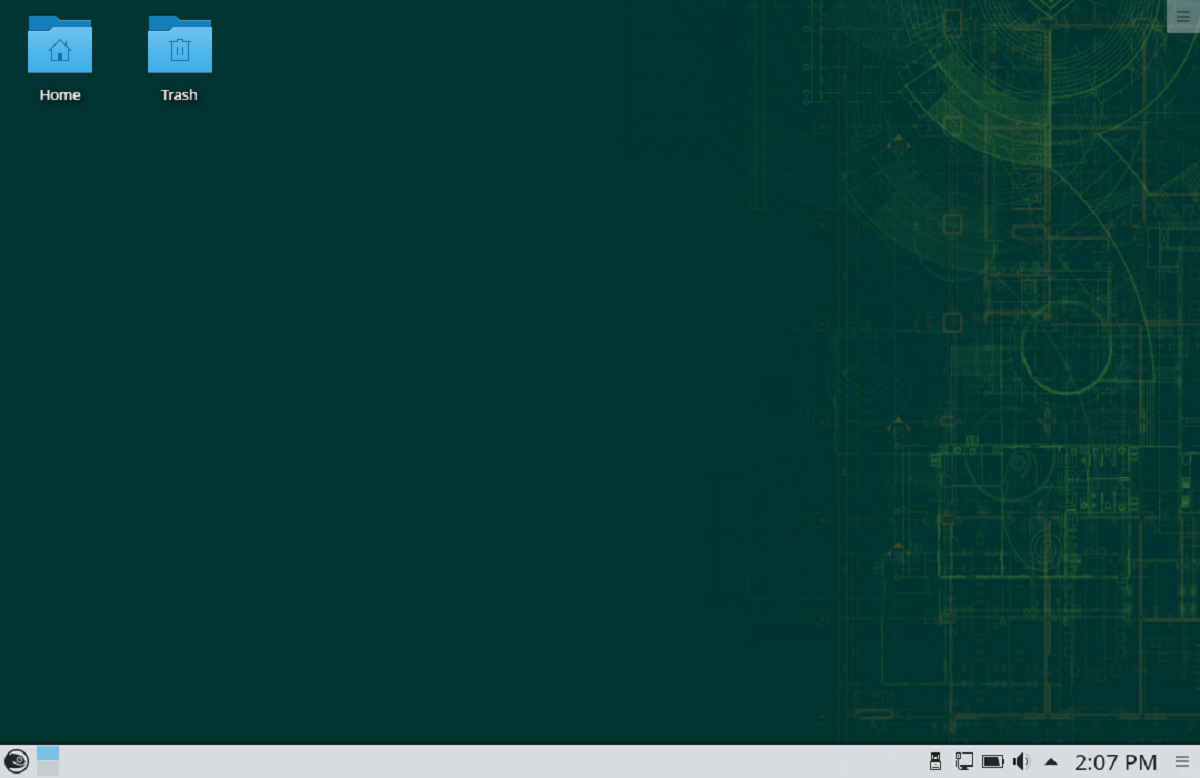
The new version of openSUSE Leap 15.2 was finally released and comes with some useful changes and improvements, of whichs highlights the added support for working with some artificial intelligence tools (AI) such as Tensorflow, PyTorch and Prometheus, as well as improvements for working with containers.
For those who are still unaware of the project openSUSE, they should know that is an effort to promote Linux in all situations., is controlled by its community and relies on contributions from people who work as testers, writers, translators, ergonomics experts, ambassadors, or developers.
It is a project that covers a wide variety of technologies and the openSUSE Leap distribution comes as a complete, stable and easy-to-use versatile operating system.
OpenSUSE Leap 15.2 Main New Features
This new version of openSUSE Leap 15.2 includes security updates, important new packages, bug fixes and other improvements.
But of all the changes that are included in openSUSE Leap 15.2, one of the main and that could be considered as the main feature is that now the distribution can use machine learning frameworks and apps and deep learning through added support for Tensorflow, PyTorch, ONNX, Grafana, and Prometheus.
As for the system kernel, We can find the Linux Kernel v5.3.18. This is an update to the Linux Kernel v4.12, which was in Leap v15.1. The Leap kernel is the same as the one used in SUSE Linux Enterprise 15 Service Pack 2.
Although that's not all, since in openSUSE Leap 15.2, a real-time kernel was introduced to manage microprocessor synchronization in order to efficiently handle critical events.
Another change that stands out from this new version of openSUSE is that Kubernetes is included in the official package. This is intended to help end users easily automate deployments, size, and manage containerized applications.
Helmet (the package manager for Kubernetes) is also included. Not only limited to that, you'll also find other additions here and there that make it easier to secure and deploy containerized apps.
In addition to that you will also be able to find several other additions that make it easier to protect and deploy containerized applications.
On the other hand, the improvements in the desktop environment which is Plasma 5.18 LTS, this being the third long-term support release from the KDE Plasma team.
Leap 15.2 includes this new LTS version although it will be updated and maintained by KDE contributors for the next two years (regular versions are kept for 4 months). In Plasma 5.18, new features can be found that make notifications clearer, settings more optimized, and overall appearance more attractive.
In addition, the openSUSE installer has received improvements of which I know They have added more information, support for right-to-left languages like Arabic, and subtle changes to make it easier to select options right at install time.
Finally another of the changes that stands out in this new version, are the improvements to YaST.
Even though YaST is already quite a powerful installation and configuration tool, this version adds the ability to create and manage a Btrfs file system and apply advanced encryption techniques.
Also, you should be aware of the availability of openSUSE on the Windows subsystem for Linux. Therefore, with Leap 15.2, YaST's compatibility with the WSL has been improved according to its release notes.
Download openSUSE Leap 15.2
For those who are interested in being able to test this new version of openSUSE Leap 15.2, they will be able to obtain the image of the system directly from the official website of the distribution.
The link to get the image is this.
As for those who are still in the previous version and want to update to the new version, they can update their current installation to this new one, they can follow the official instructions.